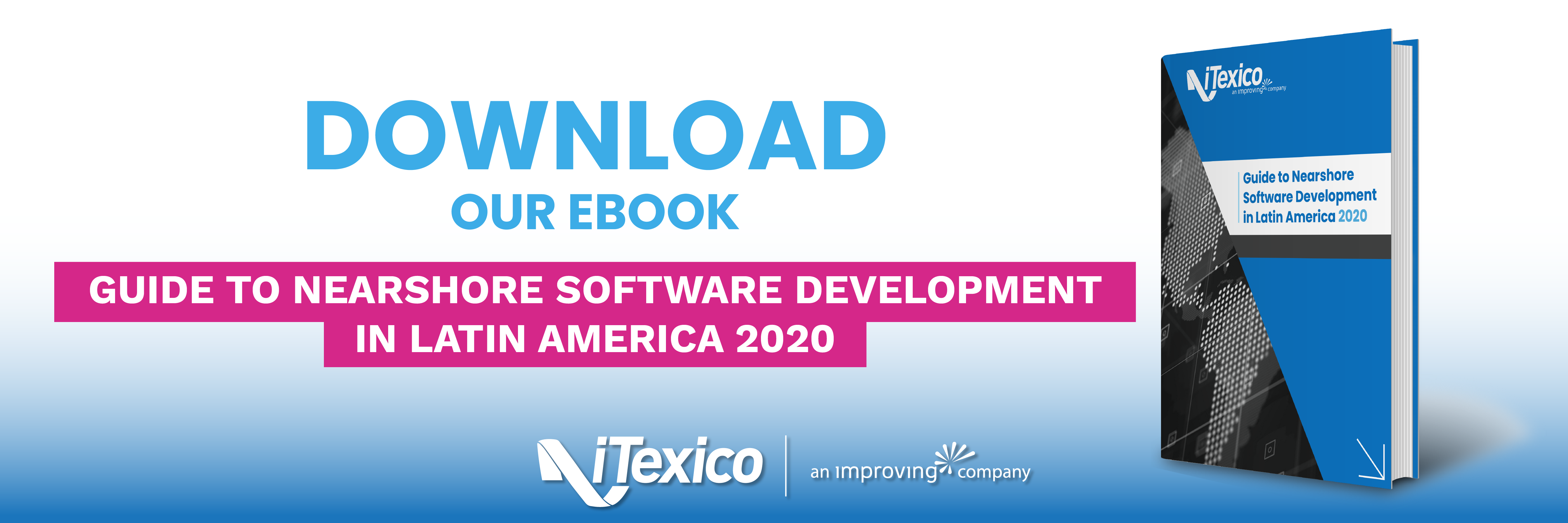5 Predictions: Impact Of AI And Automation On The Future Of Work
5 minute read
Some people believe Artificial Intelligence and automation will take their jobs soon. This fear is not misguided in truth. Technology has replaced the bowling alley pinsetter, lift operator, and many more.
Yet, it is not as gloomy as it seems. A study by PwC says only 3% of jobs have the potential to be replaced by robots or AI through the early 2020s. Automation and AI can also generate new jobs as well as contribute towards the global GDP by 2030.
These smart technologies can potentially add $15 trillion to the world's GDP, thereby creating a demand for even more jobs.
During the second industrial revolution, Horse-cart makers would have had sleepless nights on automobiles' impact on their business. Although the car replaced the cart, it also created new jobs like the engine builder, and others. Jobs that were not in existence at that time.
Impact of Automation and AI on Employment
Automation and AI will undoubtedly displace some jobs. Automation did take away the bowling alley pinsetter and lift operator's job. Job titles like data scientists, app developers, and so on have emerged due to new technologies.
Artificial Intelligence's impact on jobs is mostly for good, as AI can help employees work better. Let us look at some positive implications of AI and automation.
- AI can help a call center agent, for example, collate information about the needs of the caller. It is helpful to the call center employee to perform their work more efficiently.
- Artificial Intelligence also helps the recruitment process for big companies. Thanks to technology, thousands of applications are analyzed, and a list of relevant candidates is easily compiled. AI can help engage and communicate with the shortlisted candidates through every stage of their recruitment process.
- AI can also potentially minimize recruitment and performance review biases. AI is not part of any ethnic or racial division, so they thoroughly assess candidates based on facts. It can also help HR professionals quickly point out areas of bias in the organization that needs resolution.
One cannot say AI will replace this or that job in the future. We can only make predictions on the impact it will have. Below are five predictions we expect from automation and Artificial Intelligence in the future.
1. Robots Will Not Replace Humans
We will still need engineers and technologists to develop smart automation and artificial intelligence systems. These humans will also be the ones maintaining their creation.
There are a lot of jobs technology has created over the years. There is also a high demand for tech workers in the market at the moment.
Although professionals like artists, teachers and caregivers will need to retool and adjust to the tech environment, they will still have their jobs. One huge positive aspect of automating repetitive workplace tasks is that workers have more time to focus on skills involving teamwork, innovation, creativity, and empathy.
One sector that will be sparsely impacted by automation and AI is the creative industry. Although artificial intelligence machines compose songs, humans can't stop composing songs and symphonies because of software imitating musical pieces already in existence.
Any art or process involving creative input like business presentations, slogans for ads, and paper writing services Online Writers Ratings provides will continue to require human input.
2. Robots Cannot Eliminate The Human Touch
Several companies are working on helping robots replicate people’s skills and show empathy. Even if this technology is introduced, it will take a while before we no longer need humans to handle sales, provide health care, and educate our young ones.
We value professionals in the health-care, education, customer service, and sales industry because of their ability to motivate people, groom trust, and assist them in meeting their complicated plans.
For example, we can say “how wonderful, it is snowing again” and a human will easily spot the sarcasm. A robot would not.
3. More Jobs Will Be Created For Humans To Occupy
As the automobile's invention created new jobs like the chassis and engine builder, so will AI and automation create new jobs this century. Only one job (elevator operator) in the last 60 years got wiped out totally by automation.
Truly, automation is reshaping how tasks are assigned to humans, with more stress on jobs that revolve around innovation, mentoring, and leadership. In time, AI will eliminate more than a million jobs while creating over two million new ones, according to Gartner.
Gartner claims AI will create a net gain of five hundred thousand jobs. Social media managers, app developers, data analysts, statisticians, and more can expect more open positions thanks to AI and automation.
4. Humans Will Continue Collaborating With Robots
In warehouses, factories, and retail industries, you will find robots (co-bots) and humans collaborating to improve efficiency and productivity. These co-bots safely work with humans without any hindrance.
For example, there are chatbots and virtual assistants that reply to common questions by consumers. These technologies are smart enough to transfer a customer to a human to help them handle complex problems.
In Rwanda, drones drop life-saving emergency medical supplies in rural areas. This is humans and robots collaborating for the greater good of humanity.
5. The Global Economy Will Change
There will be both positive and negative changes. For example:
- The employment rate for some specialists will grow while there will be a decrease in job openings for others.
- More businesses will spend a lot of their budget on AI-powered technologies.
- Some industries will see more technological advancement while others may die out.
- Countries with weak economies that choose to use AI and automation can develop at a much faster rate.
Conclusion
AI can only replace humans when we completely understand human behavior and thinking. AI and Automation can replicate some repetitive tasks, but complex tasks need humans.
At iTexico, an Improving Company, we can help you determine the best course of action in artificial development for your business needs. iTexico's AI Center of Excellence helps our clients leverage the latest intelligent data management approaches, process automation and machine learning to improve operational efficiencies, reduce costs, and manage risks for business transformation.
Feel free to reach out to us, we're glad to help.
About the Author
Frank Hamilton has been working as an editor at essay review service Best Writers Online. He is a professional writing expert in such topics as blogging, digital marketing and self-education. He also loves traveling and speaks Spanish, French, German and English.



Post Your Comment Here